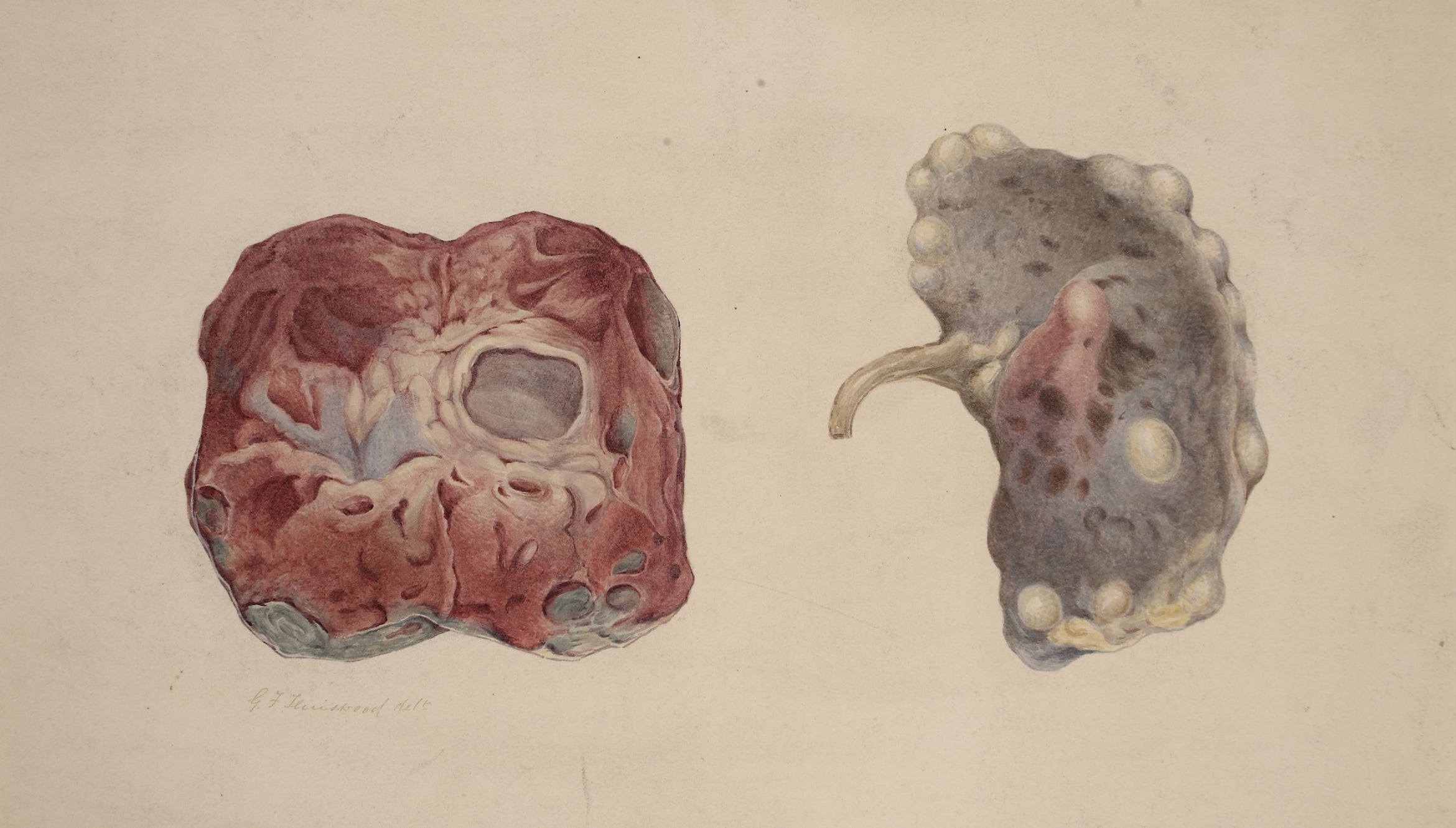UC Santa Barbara Receives Graduate Education Grants from the National Science Foundation
Today the National Science Foundation (NSF) announced 18 new grants for graduate study, with two of them going to the University of California, Santa Barbara. UCSB is the only university to receive two of these grants in this round of funding, bringing to a total of four plus -- more than any other university.
The grants are called "IGERT," short for Integrative Graduate Education and Research Traineeship, and recipient schools are asked to "undertake a cultural change in graduate education by establishing new models for training Ph.D. candidates in a highly collaborative research environment that allows broad experiences for students that transcend traditional academic and research boundaries," according to the NSF.
The grants are all for five years and range between $2.7 million and $2.9 million.
"This is a tremendous recognition of the interdisciplinary research in graduate education at UCSB," said Charles Li, dean of the Graduate Division. "As a graduate school we are among the top institutions, but we are comparatively small. Yet we have garnered the most IGERTs of any university in the country."
Linda Petzold, professor of mechanical and environmental engineering, is the principal investigator of one of the new IGERT grants. The program she heads is structured to provide a unique Ph.D. program of interdisciplinary research and education in computational science and engineering. The vision is to educate students for whom working in interdisciplinary teams is the norm, and who have the ability to acquire knowledge, ways of thinking, and perspectives from other disciplines. There will be three focus groups: microscale engineering, complex fluids, and computational materials science. Faculty and students will work together to solve a wide range of important and timely problems that depend on integration of information from the smaller scales to the larger scales. These multiscale problems require a strong foundation in both engineering and the mathematical and computational sciences.
The principal investigator of the other new IGERT grant is Bangalore S. Manjunath, professor of electrical and computer engineering. The program he heads will support the establishment of a multidisciplinary graduate training program of education and research at UCSB in the broad field of interactive digital multimedia. The convergence of digital media, computing and communication has created new and exciting opportunities in science, engineering and the arts. The goal of this program is to integrate multiple diverse approaches to the creation, analysis, deployment, and utilization of digital media.
The two previously funded IGERTs are headed by David Pine, professor and chair of chemical engineering, and Christopher Costello, assistant professor in the Bren School of Environmental Science and Management. Pine's IGERT supports the establishment of a multidisciplinary graduate training program of education and research on advanced optical materials. The program trains students in emerging areas of optical materials technology and engineering, bridging new materials development with device fabrication.
The IGERT award for which Christopher Costello is principal investigator is a multidisciplinary graduate training program of education and research in environmental economics, integrating environmental science with economics. The program seeks to produce Ph.D.s who are as well trained in economics as any graduating from a good economics department but who also have Ph.D. level depth in one of four complementary fields of natural science: climate, conservation biology, hydrology and marine science.
The "plus" referred to above (the four "plus" IGERT grants awarded to UCSB) is the opportunity for UCSB students to apply in a UC systemwide competition for an IGERT to study nuclear weapons and public policy as part of the Institute of Global Conflict and Cooperation (IGCC). UCSB's investigator on this project is Tsuyoshi Hasegawa, professor of history. The Institute was founded in 1983, as a multi-campus research unit serving the University of California system, to study the causes of international conflict and help devise options for resolving it through international cooperation. IGCC's unique structure enables research teams to be drawn from all nine UC campuses and the UC-managed Lawrence Livermore and Los Alamos National Laboratories, providing broad-based links to the U.S. government, foreign governments, and policy institutes from around the globe. The main offices are located at UC San Diego's campus.



